.jpg)
The project has just won the second prize in the 5th Student Technology Startup Competition - InTE_UD 2025 organized by the Youth Union - Student Association of Danang University in coordination with the Department of Science and Technology of the city at the end of October 2025.
AI applications improve lung disease diagnosis
Based on the fact that Vietnam has a high rate of people suffering from respiratory diseases, especially chronic obstructive pulmonary disease (COPD) and asthma in children, a group of students from the Faculty of Advanced Science and Technology, University of Technology (University of Danang) decided to find a way to apply technology to more effectively support the medical industry.
With that spirit, the team has researched and developed RespirAI - a smart medical device integrated with artificial intelligence (AI), capable of supporting doctors in detecting, monitoring and diagnosing lung diseases early.
The device is compactly designed and can record sounds at many different locations on the lungs such as: apex of the lungs, middle lungs and lower lungs.
Student Nguyen Thien Quoc, a team member, said that RespirAI was born with the desire to apply AI to improve accuracy and efficiency in diagnosis, contributing to improving the quality of life of patients.
The project develops an AI-integrated smart stethoscope (Smart Stethoscope) capable of digitizing lung sounds, analyzing in real time and supporting the diagnosis of chronic respiratory diseases such as asthma and chronic obstructive pulmonary disease (COPD).
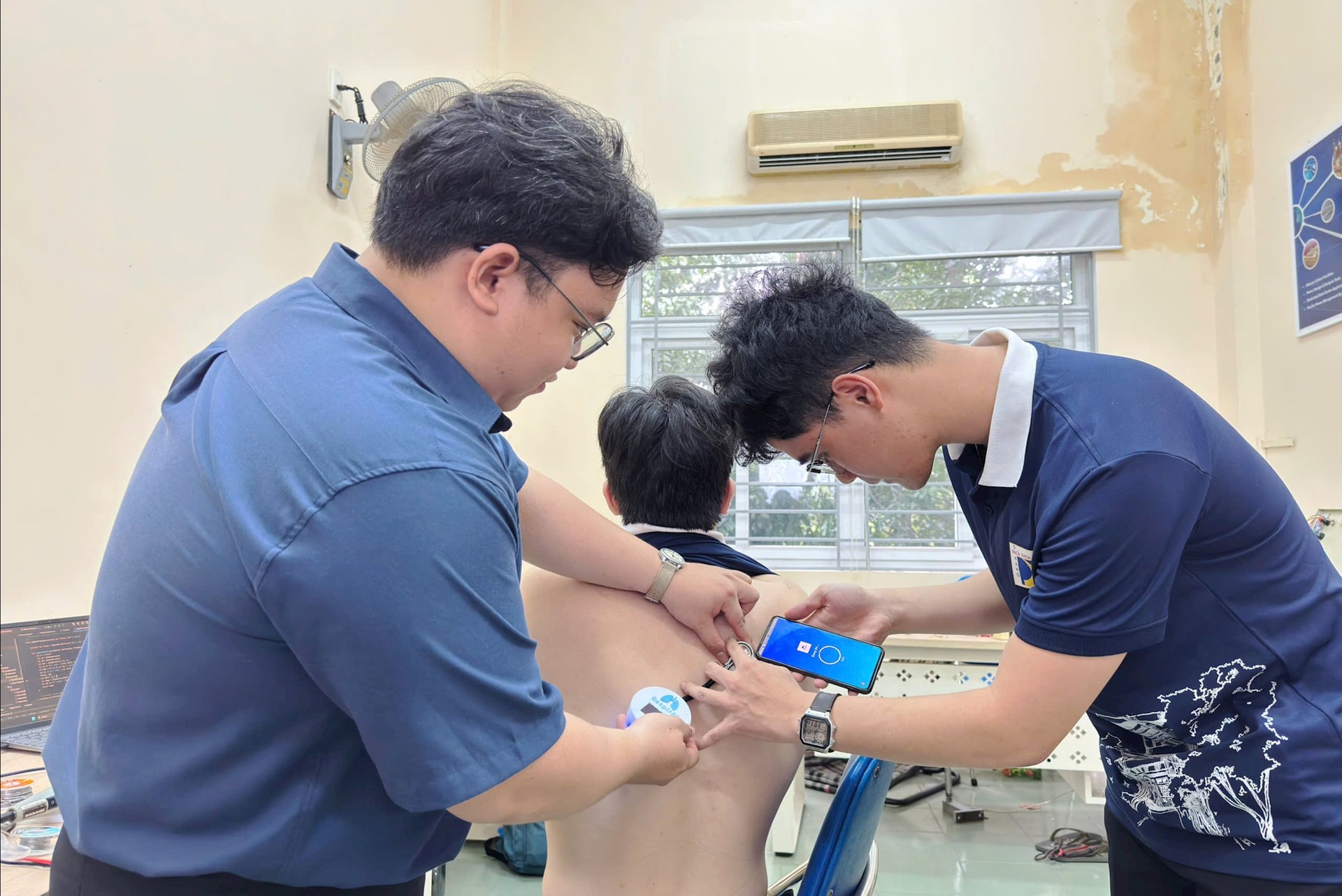
After recording, the system will automatically filter noise and analyze the signal through a trained AI model to identify unusual acoustic characteristics.
The processed data is presented in a visual graph and sent to the doctor as an initial reference source for the diagnosis process. Thereby, supporting doctors and medical staff to diagnose more accurately, thanks to the reduction of noise during the use of the stethoscope.
In addition, the active recording device helps doctors monitor the disease's progress and can diagnose remotely thanks to IoT (Internet of Things) technology, helping to reduce patient travel time and costs.
Compared with some similar products on the international market today, RespirAI has the advantage of automatically analyzing lung sounds and identifying pathologies using AI, while providing intuitive results through software.
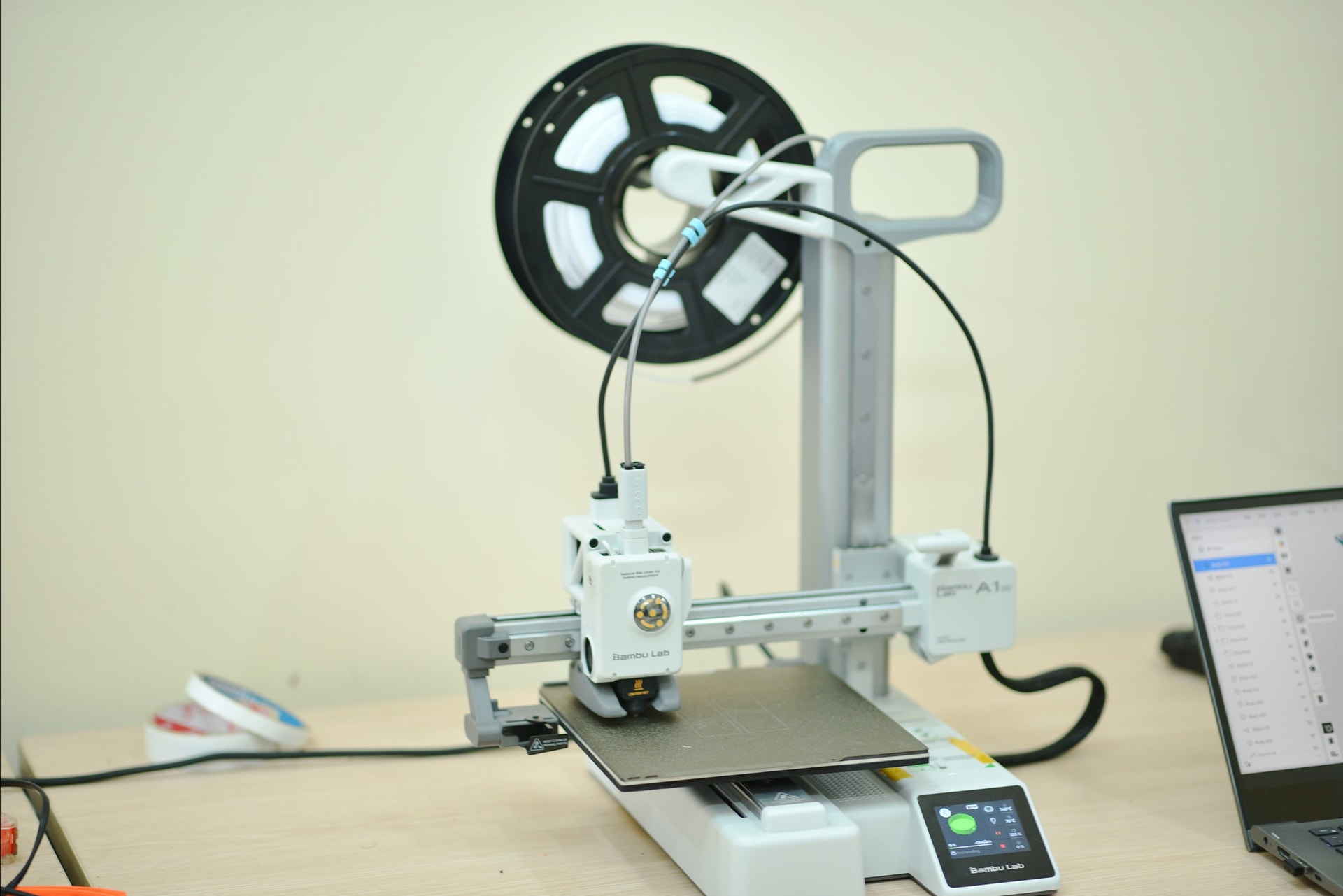
This is a modern, low-cost medical solution, especially useful for remote areas and chronic patients, while building a medical ecosystem connecting patients, doctors and insurance companies. This solution helps shorten the diagnosis time, opens up the possibility of building electronic medical records and monitoring the progression of the disease through each stage, supporting future treatment.
Student Nguyen Thien Quoc, representative of the RespirAI project team
From startup idea to practical product
According to student Vo Hoang, project team leader, InTE_UD 2025 is a playground that helps students combine knowledge of technology, medicine and startups, while challenging their ability to bring products from the lab to the market.
“We do not just stop at programming or designing equipment in the laboratory, but also directly survey the field, consult with doctors, patients and technical advisors so that the product is truly suitable for treatment needs,” said Hoang.
Using this approach, the team refined the hardware design, optimized audio capture and processing capabilities, and trained the AI model on precisely processed medical data.
Each testing phase involves expert consultation to ensure reliability of the analysis results.
[VIDEO] - RespirAI project - a device to help doctors diagnose and detect lung disease early by a group of students from the University of Technology:
In the coming time, the team plans to continue upgrading the software, improving the AI model and expanding clinical trials at medical facilities to refine the algorithm and improve accuracy.
At the same time, register patents and apply for medical device certification, as a premise for product commercialization.
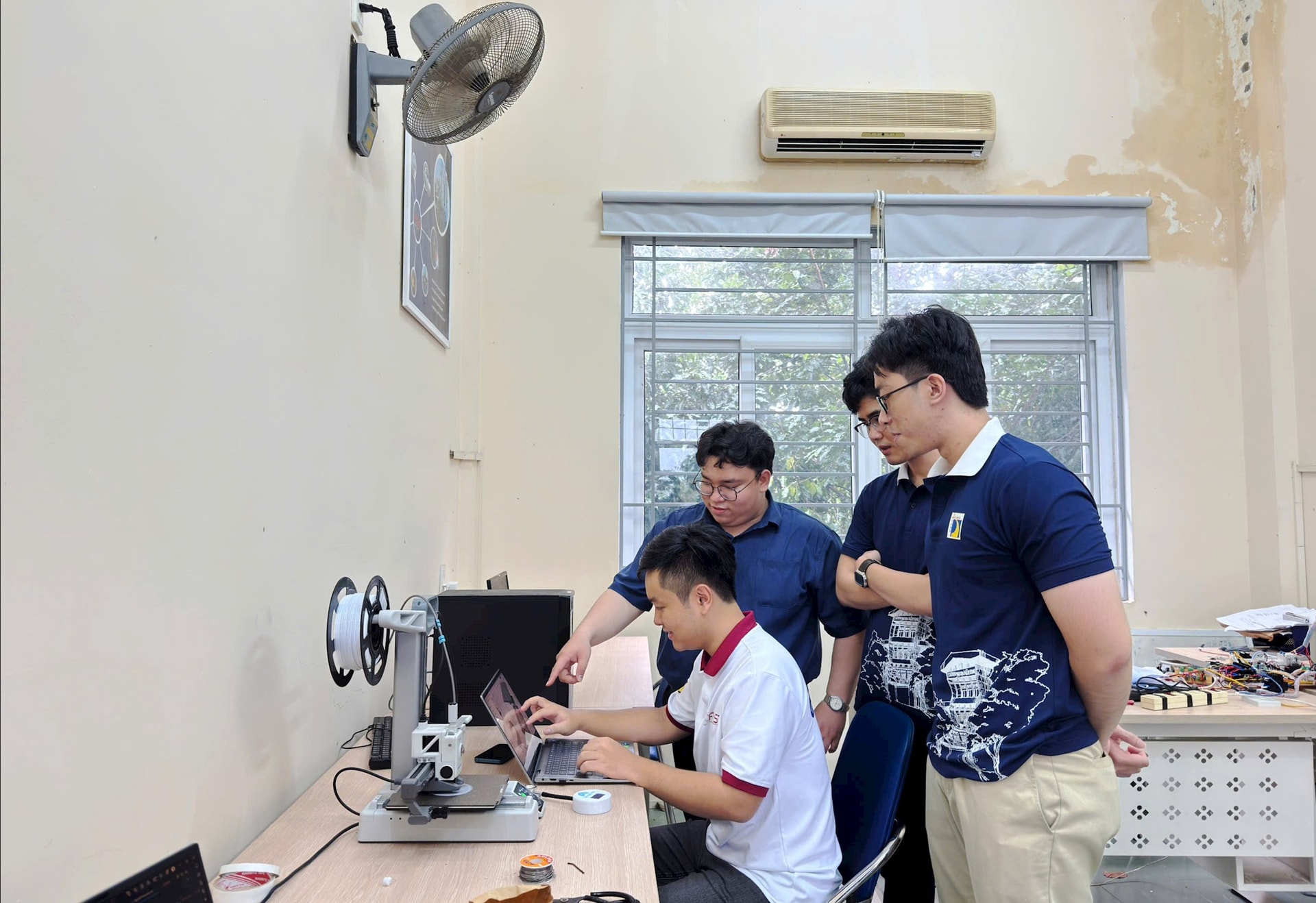
Directly guiding the project, Master Nguyen Quang Tan, lecturer of the Faculty of Electricity, University of Technology (University of Danang) said that the respiratory function of the lungs plays a particularly important role in human health.
In the context of increasingly common respiratory diseases, especially after Covid-19, the need to monitor and detect lung problems early becomes more urgent.
The RespirAI project applies core technology including smart sensors, artificial intelligence and the Internet of Things to support doctors in remote examination and treatment, analysis and providing fast and accurate diagnosis results.
The project is highly applicable, directly serving community health care, in line with the current trend of digital healthcare and smart medical examination and treatment.
However, to perfect and commercialize the product, the team needs to continue to conduct further research, coordinate with medical facilities and specialists to build an accurate medical record dataset, as a foundation for training AI algorithms.
In addition to the AI-integrated smart stethoscope, the team needs to upgrade and develop the product with many extended features such as: measuring respiratory function through breathing rate, airflow or other physiological parameters... towards comprehensive assessment of the user's respiratory health.
The most important thing is to build a standard database, combining AI and IoT to diagnose, monitor and manage diseases remotely. With the creative spirit, passion for research and perseverance of the school's students, it is hoped that the project will soon be completed and have the opportunity to be widely applied in practice.
Master Nguyen Quang Tan, lecturer of the Faculty of Electricity, University of Technology
Source: https://baodanang.vn/sinh-vien-dai-hoc-da-nang-sang-tao-thiet-bi-ho-tro-bac-si-chan-doan-benh-phoi-3308989.html


![[Photo] The road connecting Dong Nai with Ho Chi Minh City is still unfinished after 5 years of construction.](https://vphoto.vietnam.vn/thumb/1200x675/vietnam/resource/IMAGE/2025/11/04/1762241675985_ndo_br_dji-20251104104418-0635-d-resize-1295-jpg.webp)
![[Photo] Panorama of the Patriotic Emulation Congress of Nhan Dan Newspaper for the period 2025-2030](https://vphoto.vietnam.vn/thumb/1200x675/vietnam/resource/IMAGE/2025/11/04/1762252775462_ndo_br_dhthiduayeuncbaond-6125-jpg.webp)
![[Photo] Ca Mau "struggling" to cope with the highest tide of the year, forecast to exceed alert level 3](https://vphoto.vietnam.vn/thumb/1200x675/vietnam/resource/IMAGE/2025/11/04/1762235371445_ndo_br_trieu-cuong-2-6486-jpg.webp)

![[Photo] Ho Chi Minh City Youth Take Action for a Cleaner Environment](https://vphoto.vietnam.vn/thumb/1200x675/vietnam/resource/IMAGE/2025/11/04/1762233574890_550816358-1108586934787014-6430522970717297480-n-1-jpg.webp)

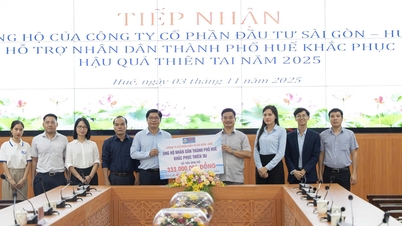





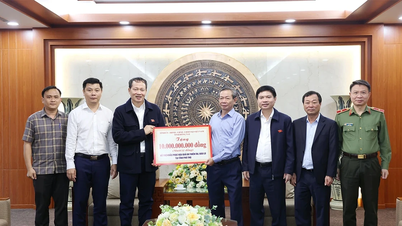









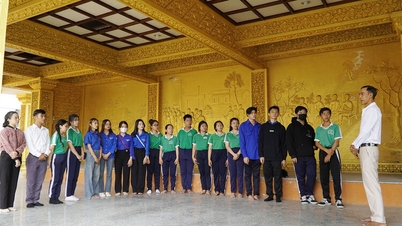








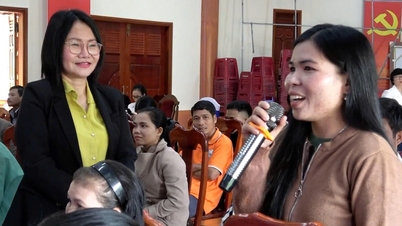


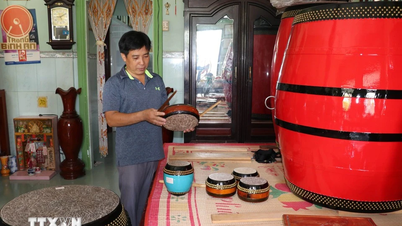










































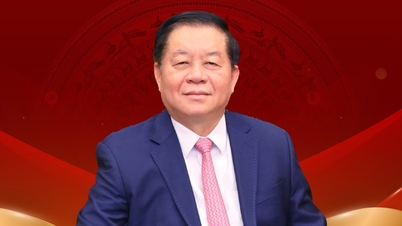















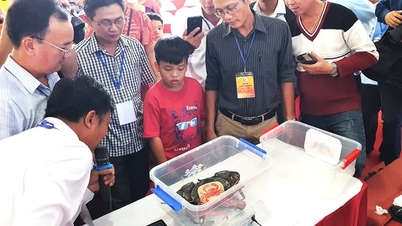
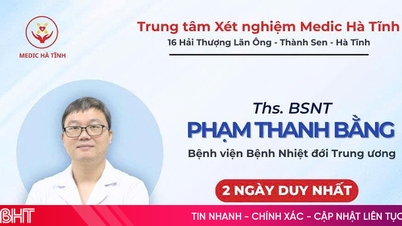














Comment (0)